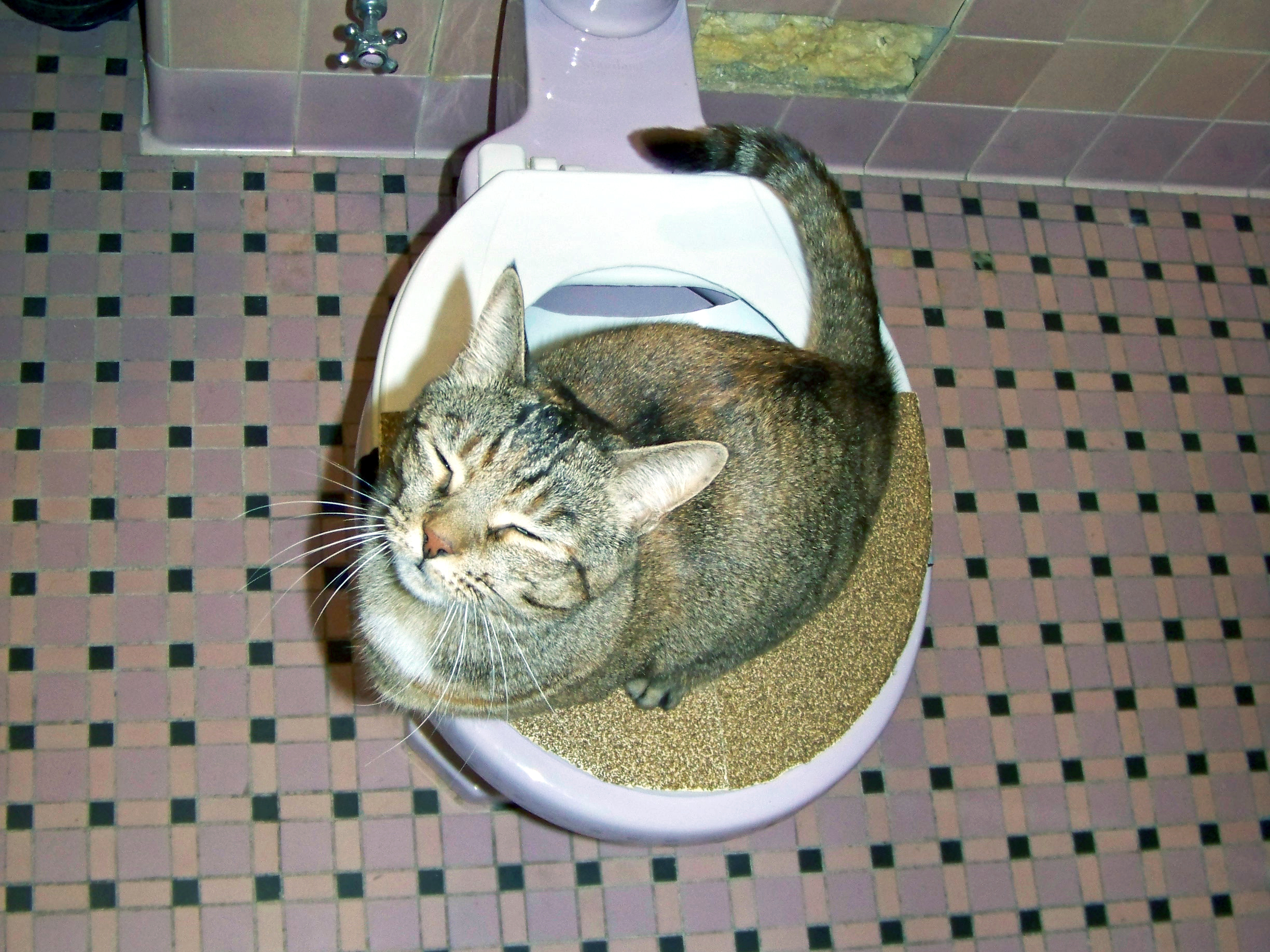Why You Shouldn't Flush Cat Poop Down Your Toilet - Maintain Your Plumbing System
Why You Shouldn't Flush Cat Poop Down Your Toilet - Maintain Your Plumbing System
Blog Article
How do you feel when it comes to Can You Flush Cat Poop Down The Toilet??

Intro
As feline owners, it's vital to be mindful of just how we dispose of our feline close friends' waste. While it might seem hassle-free to flush pet cat poop down the bathroom, this practice can have destructive repercussions for both the environment and human health and wellness.
Alternatives to Flushing
Thankfully, there are more secure and a lot more liable ways to dispose of feline poop. Consider the complying with alternatives:
1. Scoop and Dispose in Trash
The most usual technique of dealing with feline poop is to scoop it into a naturally degradable bag and throw it in the garbage. Be sure to utilize a committed trash inside story and deal with the waste immediately.
2. Use Biodegradable Litter
Choose eco-friendly cat trash made from materials such as corn or wheat. These trashes are eco-friendly and can be safely thrown away in the trash.
3. Bury in the Yard
If you have a lawn, consider burying feline waste in a marked area away from veggie gardens and water sources. Make certain to dig deep adequate to prevent contamination of groundwater.
4. Set Up a Pet Waste Disposal System
Buy a pet dog waste disposal system particularly created for pet cat waste. These systems use enzymes to break down the waste, minimizing smell and ecological impact.
Health and wellness Risks
In addition to ecological problems, flushing cat waste can likewise present wellness threats to humans. Pet cat feces might contain Toxoplasma gondii, a parasite that can trigger toxoplasmosis-- a potentially serious ailment, especially for expectant women and people with weakened immune systems.
Environmental Impact
Flushing pet cat poop introduces hazardous microorganisms and bloodsuckers into the supply of water, posturing a significant danger to marine ecosystems. These contaminants can adversely impact marine life and concession water quality.
Final thought
Liable pet ownership prolongs past providing food and shelter-- it also includes correct waste monitoring. By refraining from flushing feline poop down the commode and opting for alternative disposal techniques, we can decrease our ecological footprint and protect human wellness.
Why Can’t I Flush Cat Poop?
It Spreads a Parasite
Cats are frequently infected with a parasite called toxoplasma gondii. The parasite causes an infection called toxoplasmosis. It is usually harmless to cats. The parasite only uses cat poop as a host for its eggs. Otherwise, the cat’s immune system usually keeps the infection at low enough levels to maintain its own health. But it does not stop the develop of eggs. These eggs are tiny and surprisingly tough. They may survive for a year before they begin to grow. But that’s the problem.
Our wastewater system is not designed to deal with toxoplasmosis eggs. Instead, most eggs will flush from your toilet into sewers and wastewater management plants. After the sewage is treated for many other harmful things in it, it is typically released into local rivers, lakes, or oceans. Here, the toxoplasmosis eggs can find new hosts, including starfish, crabs, otters, and many other wildlife. For many, this is a significant risk to their health. Toxoplasmosis can also end up infecting water sources that are important for agriculture, which means our deer, pigs, and sheep can get infected too.
Is There Risk to Humans?
There can be a risk to human life from flushing cat poop down the toilet. If you do so, the parasites from your cat’s poop can end up in shellfish, game animals, or livestock. If this meat is then served raw or undercooked, the people who eat it can get sick.
In fact, according to the CDC, 40 million people in the United States are infected with toxoplasma gondii. They get it from exposure to infected seafood, or from some kind of cat poop contamination, like drinking from a stream that is contaminated or touching anything that has come into contact with cat poop. That includes just cleaning a cat litter box.
Most people who get infected with these parasites will not develop any symptoms. However, for pregnant women or for those with compromised immune systems, the parasite can cause severe health problems.
How to Handle Cat Poop
The best way to handle cat poop is actually to clean the box more often. The eggs that the parasite sheds will not become active until one to five days after the cat poops. That means that if you clean daily, you’re much less likely to come into direct contact with infectious eggs.
That said, always dispose of cat poop in the garbage and not down the toilet. Wash your hands before and after you clean the litter box, and bring the bag of poop right outside to your garbage bins.
https://trenchlesssolutionsusa.com/why-cant-i-flush-cat-poop/

I found that page on Can You Flush Cat Poo or Litter Down the Toilet? while perusing the web. Sharing is good. Who knows, you might be helping someone out. I treasure reading our article about How to Dispose of Cat Poop and Litter Without Plastic Bags.
Go Services Report this page